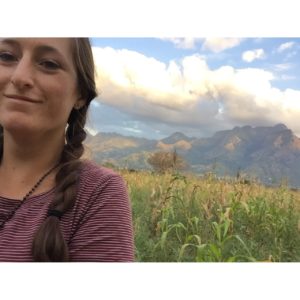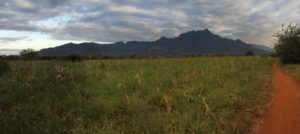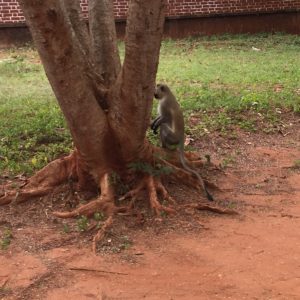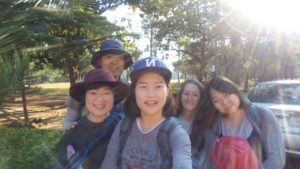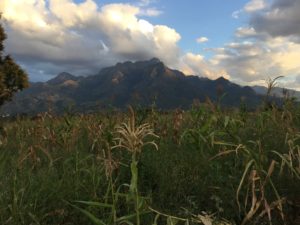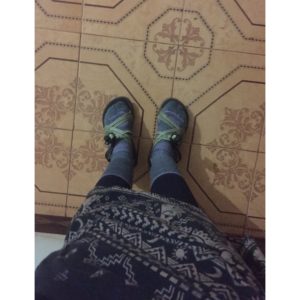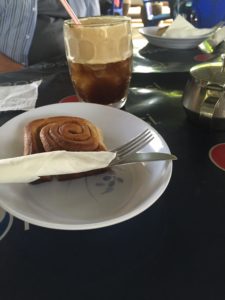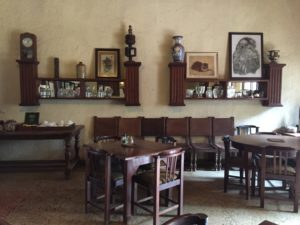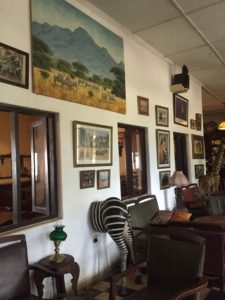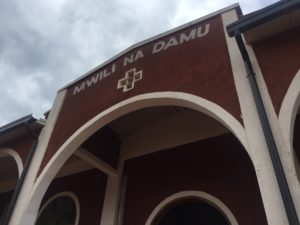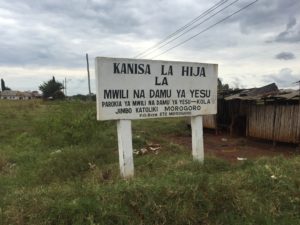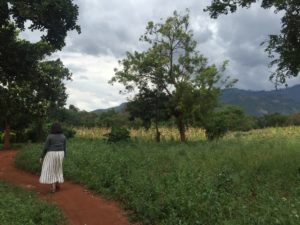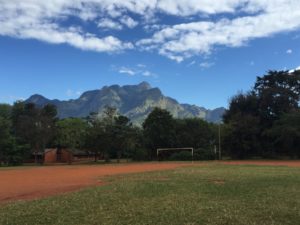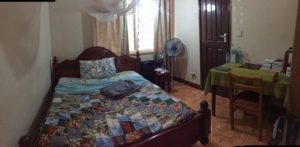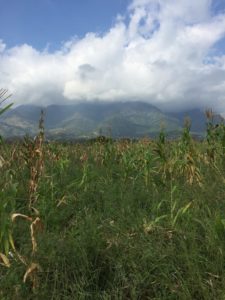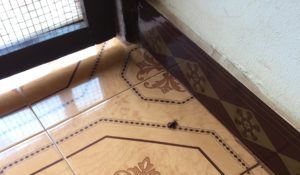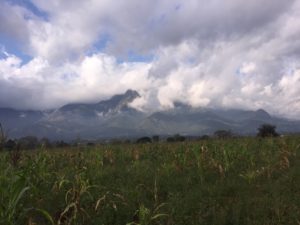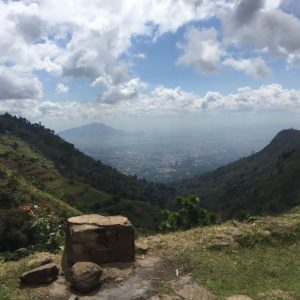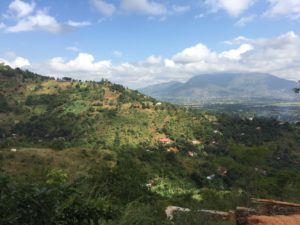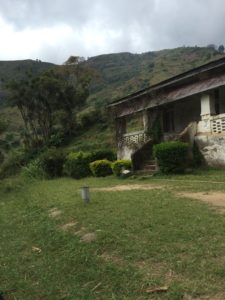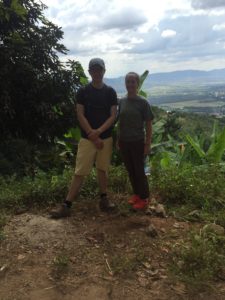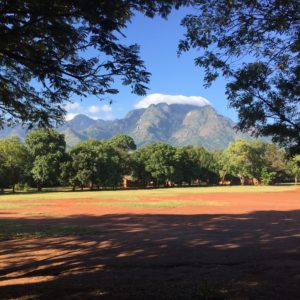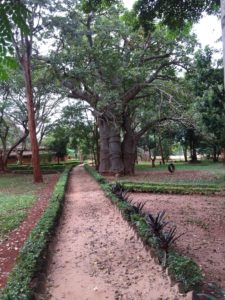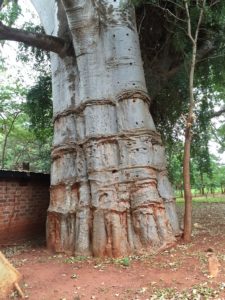As I complete my final few days in Morogoro, I am reflecting on the significant moments in my language acquisition and time here. Two fascinating aspects of my language learning process have been the vocabulary the school’s book chooses to present and the slang I have been taught. The vocabulary the lessons focused on early on are indicative of Tanzanian culture. I have learned more Swahili words about farming than I thought I could explain in English, and through this process have also picked up different methods and processes of farming. As farming is one of the main sectors of Tanzania’s economy, this makes sense. Similarly, I have learned numerous words for different cooking techniques that I was unaware of—some that I think we may not have in the states. For example, Ugali is a very common Swahili dish and I have been informed of multiple words for different ways of stirring Ugali. Furthermore, I am intrigued by the numerous words in Swahili that all connote “to wash.” There are verbs for washing your body, washing your face or hands, washing your clothes, washing your hair, and then two broader words that signify cleaning and washing of many sorts. In almost every case, in English I would simply say precede the noun that is being washed with “to wash.”
What I have learned through this, more so than how to cook Ugali, is that language is highly representative of culture. Our culture is so information-based that we seem to have a vast array of descriptors that we use with more common verbs. However, Swahili has so many verbs and the verb depicts so much of the sentence. It seems to be expressive of the importance of action in Swahili culture, perhaps more so than abstract thoughts that have such significance in the U.S.
Learning slang phrases is something that has mostly just been fun! I am continually in awe every time I hear a new one because so often I have no clue how these phrases come about. Yet, I know I can’t complain because English indubitably has just as many, if not more, crazy phrases. I wanted to share a few though because they have been enjoyable to learn.
- JIKO literally means “stove” or “kitchen,” but it is slang for “spouse”
- KULA BATA literally means “to eat duck,” but it is slang for “to relax”
- KUPIGA MSWAKI literally means “to brush teeth,” but it is slang for “to not be full”
- FRESHIE is not really a Swahili word, but has become a slang response for when someone asks “how are you?”
- KUWA BOMBA literally means “to be a pipe,” but is slang for “good” or “cool”
These have been my favorite phrases so far because they definitely seem to be the wackiest. It’s interesting to compare how I have picked some of them up or heard them used. I have one teacher who has explained the alternate slang meanings when I learn new vocabulary, but he always starts the sentence with “The youth also use this word to mean…” so I have gotten the impression that he doesn’t use these terms often. However, I heard the head of the language school respond “Freshie” the other day and was taken aback! Of the younger teachers, I’ve really only learned or heard slang terms from the male teachers. The female teachers laugh and explain the term if asked, but I also haven’t gotten the impression that they use these terms as much. Of course, this may have to do more with personal preferences of a few people than gender, but it’s interesting all the same!
Learning the vast cultural influences on language is one of the most daunting aspects of language acquisition. Picking up these nuances is such a long process, but crucial to really learning another language. It has been great having teachers that value sharing these through teaching about culture and the impact of it on Swahili. Yet, even though it is a bit overwhelming, it creates a far greater appreciation for the importance of language—particularly the value in learning other languages. As my six weeks in Morogoro are coming to a close, I am more aware of how extensive a process language acquisition is, but grateful for the progress I have made and excited to continue it. I am especially looking forward to having another month in Tanzania to practice Swahili, even though my time studying it in class is concluding.
